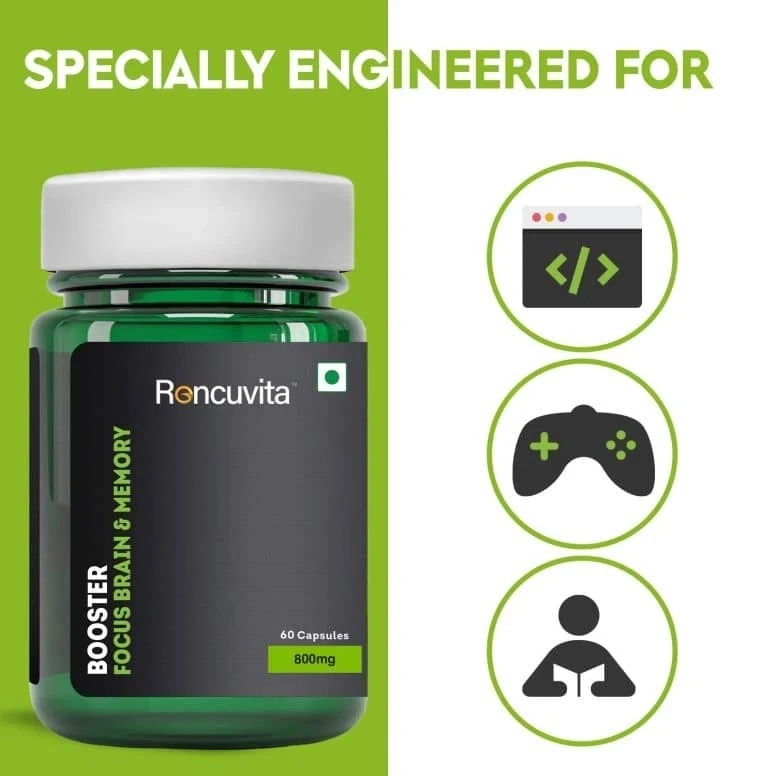A finding of Alzheimer's illness is excessively destroying to the point that patients and families look for any accessible cures notwithstanding recommended drugs that may fight off — or even decrease — the going with dementia.
Bits of hearsay proliferate, a large number of them dependent on substances or practices that at first appeared to be encouraging. Ginkgo biloba memory booster. Fish oil. Ibuprofen. Shrimp or caviar.
Shockingly, through subsequent examinations have tracked down that the majority of these essentially don't work, says Dr. Chuang-Kuo Wu, a UCI Health nervous system specialist and educator of nervous system science who works in treatment and exploration of dementia.
Fish oil, Ginkgo Biloba, and that's only the tip of the iceberg
Take the conviction among some that eggs, shrimp, or different food sources that are acceptable wellsprings of choline, a forerunner to acetylcholine, may help. That conviction seemed well and good since levels of acetylcholine, a synapse, are low in individuals with Alzheimer's.
The issue, Wu says, is that the choline separates rapidly in the gut; it never comes to the cerebrum.
Omega 3 unsaturated fats — which many individuals took as fish-oil cases — glanced promising in early epidemiological investigations, Wu says, however whenever this was tried in randomized, best quality level examinations, it neglected to deliver benefits. Then, at that point, the fish oil pattern was supplanted by the coconut oil pattern, which likewise wasn't borne out by research.
Long stretches of study on the homegrown supplement Ginkgo Biloba, famous during the 1990s, neglected to deliver promising outcomes.
Cerebrum games — mind twisters regularly discovered online that should help mental ability — don't get the job done by the same token. Wu says players will improve at a specific game they practice perseveringly, however that doesn't mean their psyches are keener in general. They don't improve at some other mental errands, or even at some other cerebrum games.
Ibuprofen and Vitamin E
In 2001, specialists discovered conceivable proof that calming medications like ibuprofen may be valuable to treat Alzheimer's illness, however, enormous twofold visually impaired examinations in ensuing years neglected to show viability.
It has all the earmarks of being some advantage to high doses of vitamin E, Wu said — up to 2,000 mg daily, contrasted with the 15 mg daily suggested for most grown-ups. A recent report distributed in the Journal of the American Medical Association tracked down that intellectual decay was slower in patients taking high portions of the vitamin notwithstanding standard Alzheimer's therapy, yet the distinction, however huge, was humble.
It very well may be and is utilized in patients with dementia, Wu said, as long as they endure it. In huge sums, the vitamin has a large group of conceivable incidental effects, including:
Queasiness
The runs
Shortcoming
The expanded danger of hemorrhagic stroke
What will work as a memory booster?
This may make it sound depressing like there is no way to assist with keeping up with intellectual capacity and diminish the danger of Alzheimer's sickness and different types of dementia. In any case, indeed, Wu says, there are numerous useful propensities individuals can embrace that is upheld by strong exploration. Furthermore, none of them include intriguing food varieties or Memory Booster supplements, or difficult exercises:
Eat a generally sound eating routine and exercise enough to keep a solid weight and wellness level. Both diabetes and elevated cholesterol, which can be controlled or forestalled through diet and exercise, raise the danger of fostering Alzheimer's infection.
Be amiable. A milestone 2003 investigation of more established individuals, distributed in the New England Journal of Medicine, tracked down that the people who remained socially dynamic were less inclined to foster dementia.
Keep your brain dynamic. A similar 2003 investigation discovered that more established individuals who read and played chess and games additionally had a lower hazard of dementia.
Dance or play an instrument. Once more, these exercises were related to a diminished shot at creating dementia in the 2003 review.
Get a brief period in the sun. It's anything but a treatment for generally intellectual wellbeing, Wu said, yet the sun is a visual improvement that expands sharpness.


